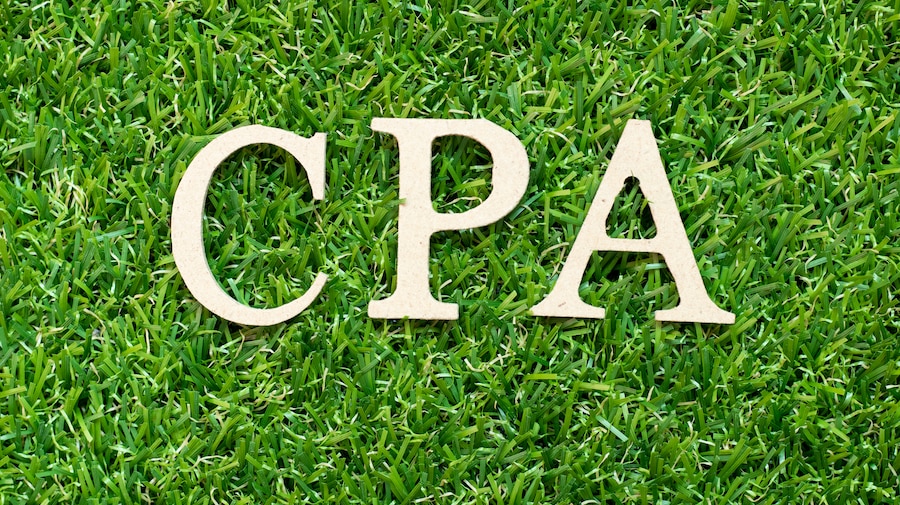Back in 2004, I was in the first wave of candidates who took the computerized CPA exam. That change, from a paper-based, twice-a-year, two-day exam, to one that could be taken in parts over months, also included revisions to the content.
On the old exam, candidates had to write out the standard audit report from memory. Instead, the new exam included a series of simulations which mimicked the tasks assigned to first-year accounting staff. For the audit portion of the exam, I was given a hypothetical situation, had to find relevant guidance in the accounting standards, and compose a memo with my findings.
This dynamic approach by the AICPA was an attempt to align the exam’s content with the typical responsibilities of a first-year accountant in public practice.
Since then, technology, accounting standards, tax law, and the business environment radically changed the work that newly licensed CPAs perform, so once again, the AICPA is updating the CPA exam.
Changes to exam content
As this exposure draft from the AICPA describes, two changes to the CPA exam are happening at once. The overarching goal of both processes is to ensure the continuing “validity, reliability, and relevance” of the CPA exam.
First, there’s the latest in ongoing tweaks to the content to ensure that the exam reflects the skills and knowledge expected of a newly licensed CPA. Feedback from supervisors indicated that these team members need a deeper understanding of how data flows through their clients’ businesses. They also need to shift to a “digital and data-driven mindset.” Questions covering these topics will be added to the exam.
Feedback also indicated that a number of exam topics have become specialized practice areas and no longer relevant to newly licensed CPAs. Questions from these areas will likely be removed. Topics slated for removal include the differences between GAAP and IFRS and preparation of Form 706, United States Estate (and Generation-Skipping Transfer) Tax Return.
You can find more details about the changes to the exam content in the Practice Analysis performed by the AICPA. Comments are welcome and are due by April 30, 2020. These changes are scheduled to be incorporated into the exam in July 2021.
Changes to the licensure model
In addition to these changes, a long-term project called CPA Evolution is underway to revamp the licensure model to keep the CPA license relevant and valuable.
When I was studying for the exam, my test prep course instructors said over and over, “It’s an ocean of knowledge a mile wide and an inch deep.” Since then, that ocean grew wider. For example, FASB’s accounting standards codification is 10,000 pages, and a compilation of the IRS code, regulations, and relevant court cases from CCH takes up more than 70,000 pages.
Broadening the exam content is no longer sustainable. Making the exam longer and expanding the curriculum would likely add too many barriers to bring in sufficient candidates. As AIPCA CEO Barry Melancon, CPA, CGMA, said, “Not everyone needs to know all the details of all the services.”
At the same time, the manual work that used to be the domain of new staff accountants is being automated, outsourced, and off-shored. This means that work in firms is being pushed down from seniors and supervisors to new staff accountants. These new accountants are asked to perform at a higher level, applying more professional judgment, critical thinking, and problem-solving skills.
Core plus disciplines model
After considering several alternatives, the AICPA settled on a core plus disciplines model, similar to the licensure of professional engineers. The core will consist of the knowledge that all CPAs need to know: auditing, tax, and technology. This core will be supplemented by a chosen discipline that demonstrates deeper knowledge and skills. Under the current blueprint, candidates will choose their discipline from:
- Tax compliance
- Business reporting and analysis
- Information systems and controls
According to the AICPA, this new model will safeguard the public interest by ensuring that licensed CPAs have the necessary skills and knowledge base to keep up with a complex world. This new model is also flexible enough to adapt to changing future conditions.
The AICPA is still accepting comments, and plans to finalize the model by the summer of 2020. Implementing the changes will likely take several years since this has to be approved be all 50 state boards of accountancy.
Moving into the future means embracing change as a constant. Updating the model of the exam will help ensure that the newest CPAs will be ready for a constantly changing future!
